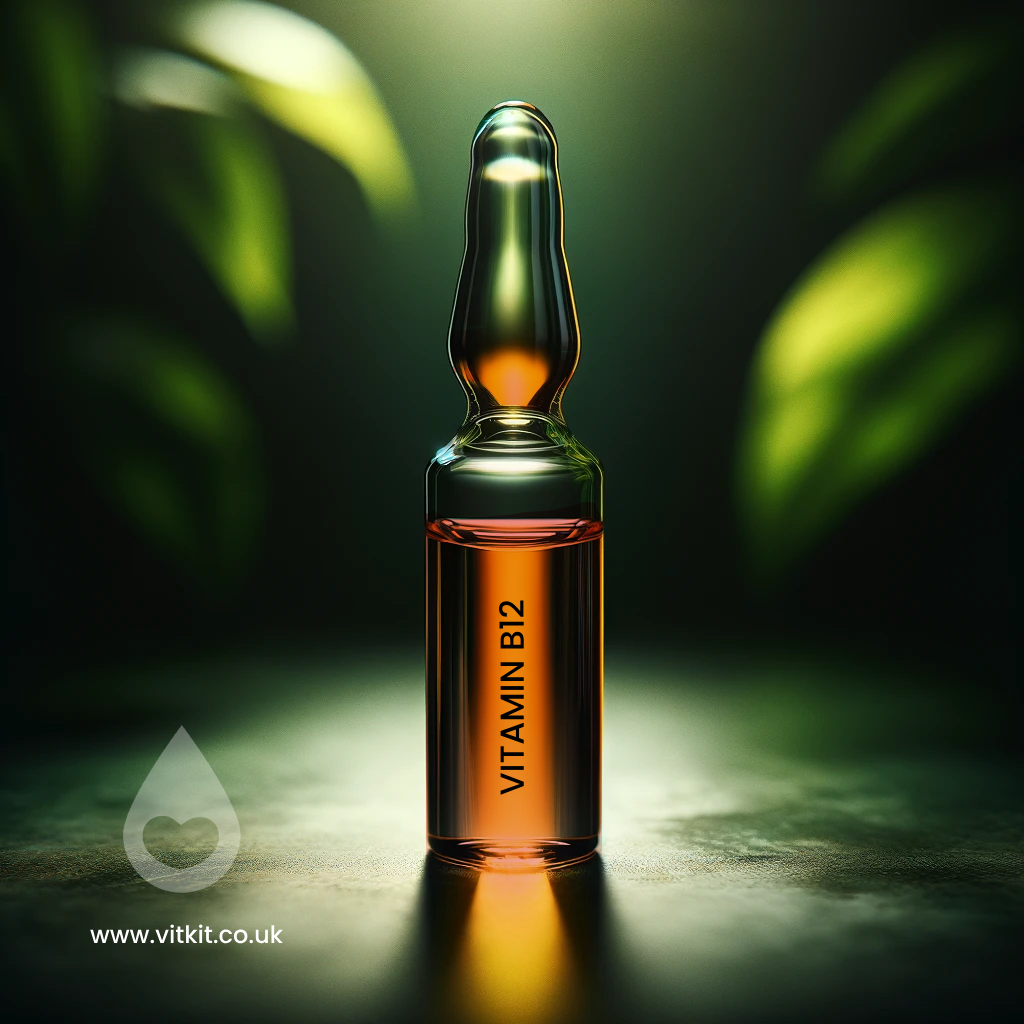Are Vitamin B12 Injections Better Than Pills? A Comparison of Supplement Options
Vitamin B12 is an essential nutrient that plays many important roles in the body. It’s needed to make red blood cells, DNA, and myelin (the protective sheath surrounding nerves). It’s also crucial for energy production and the functioning of the nervous system.
While most people get enough B12 from their diet, some individuals may need to take a supplement. This includes vegans and vegetarians since B12 is mainly found in animal products. Older adults and those with digestive issues are also at higher risk of deficiency.
When it comes to supplementing with vitamin B12, there are two main options – pills and injections. But which is better? Let’s take a closer look at the pros and cons of each to help you decide.

Content
Vitamin B12 Pills
Pills are the most common and affordable way to supplement with B12. Here are some key things to know about B12 pills:
- Convenience: Pills are easy to take – usually just one pill per day with food. This makes them very convenient to incorporate into your daily routine.
- Cost: B12 pills are generally quite inexpensive.
- Absorption issues: Some research suggests that a portion of the B12 in pills may not be absorbed by the body, especially in older adults or those with digestive problems. Absorption rates of around 1-5% have been reported.
- Time release: Time-release formulas are available which may help boost absorption over regular pills by slowly releasing B12 throughout the day.
B12 pills are low-cost and convenient but absorption can potentially be an issue for some individuals. Time-release formulas may help with this.
Vitamin B12 Injections
Injections deliver B12 directly into the bloodstream, bypassing the digestive system. Here’s what you need to know about B12 injections:
- Higher absorption: Since injections go straight into the blood, absorption rates of B12 are much higher at around 80-100%. This ensures more of the dose is utilized by the body.
- Quick results: The effects of an injection can be felt more rapidly compared to pills since it doesn’t need to be broken down and absorbed in the gut first.
- Longer lasting: A single injection may provide B12 levels in the body for a month or longer before needing another dose.
- A bit pricey: While injections ensure better absorption, they do cost more than pills.
Vitamin B12 injections bypass the gastrointestinal (GI) tract, ensuring the vitamin is absorbed directly into the bloodstream. This method guarantees full uptake of B12, avoiding any potential issues that could interfere with absorption through the GI system. Injections also allow for longer-lasting effects between doses compared to oral supplements, which require more frequent administration to maintain adequate B12 levels in the body. Wondering ‘’Where can I buy vitamin B12 injections UK?’’ You can easily find them from pharmacies or online platforms like VITKIT.
Who Should Consider Injections?
Based on the pros and cons above, injections may be preferable for certain groups:
- Older adults: As we age, B12 absorption from food and pills tends to decline. Injections ensure better uptake.
- Those with digestive disorders: Conditions like Crohn’s disease, celiac disease or pernicious anemia can impair B12 absorption from the gut. Injections circumvent this issue.
- Vegans and vegetarians with low levels: For those who don’t eat animal products and have a confirmed B12 deficiency, injections may be a faster way to restore levels.
- Those undergoing B12 therapy: Individuals being treated for a severe B12 deficiency by a doctor may be prescribed injections initially before transitioning to maintenance with pills.
If you have issues absorbing B12 orally or need to quickly boost low levels, injections are likely a better choice than pills alone. Always check with your doctor before starting injections.
In summary, while injections ensure optimal absorption, pills remain a good first-line option due to lower cost and ease of use. But for those with absorption issues or an existing deficiency, injections may be preferable. Consulting your doctor can help determine the best supplement strategy.

Gina Jordan is a health blog author who has been writing about healthy living since 2013. She started her journey by adopting a vegan diet and eating only organic foods, but the more she learned, the more she realized that we should all be eating plant-based diets exclusively. As an expert in nutrition and wellness, Gina blogs to educate readers on how they can live happier and healthier lives through food choices!










